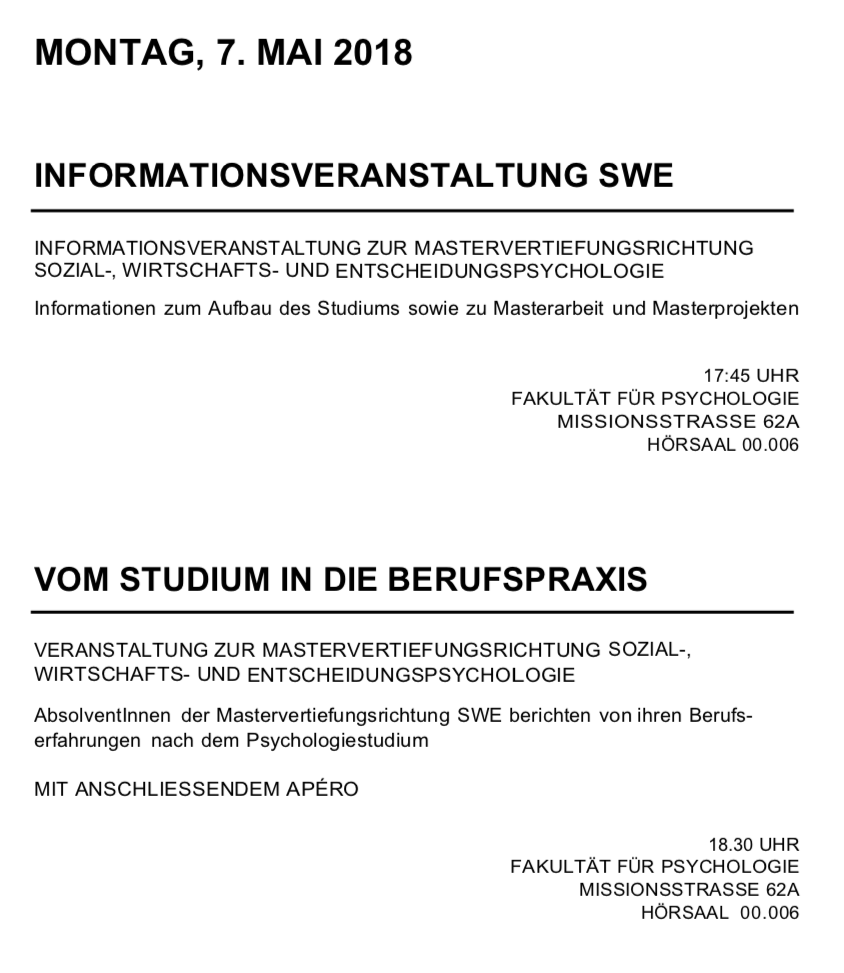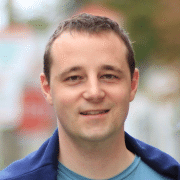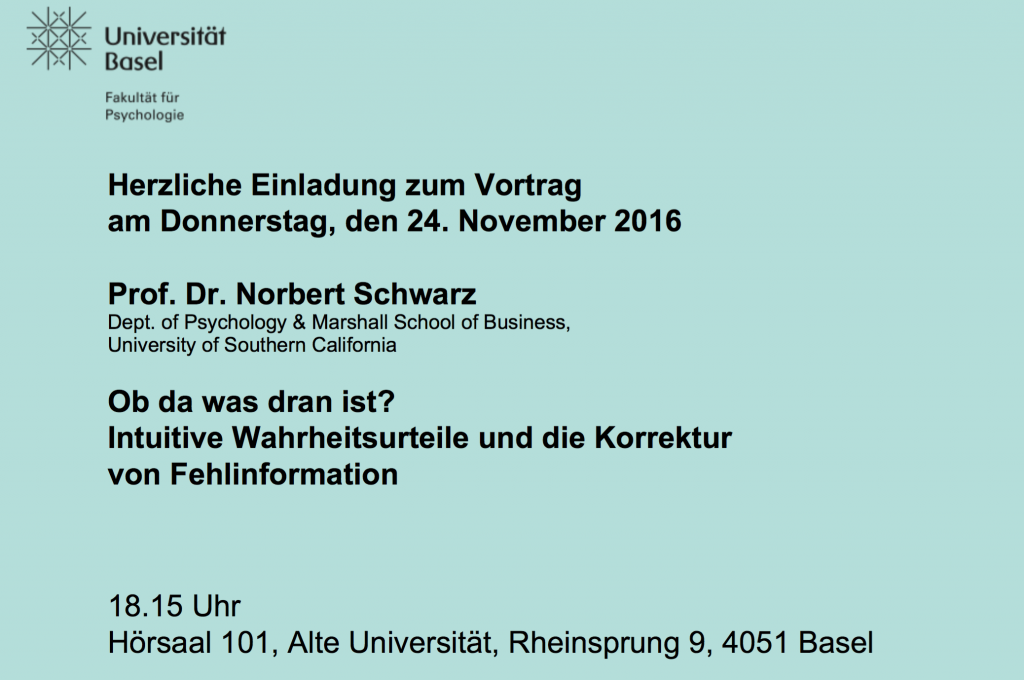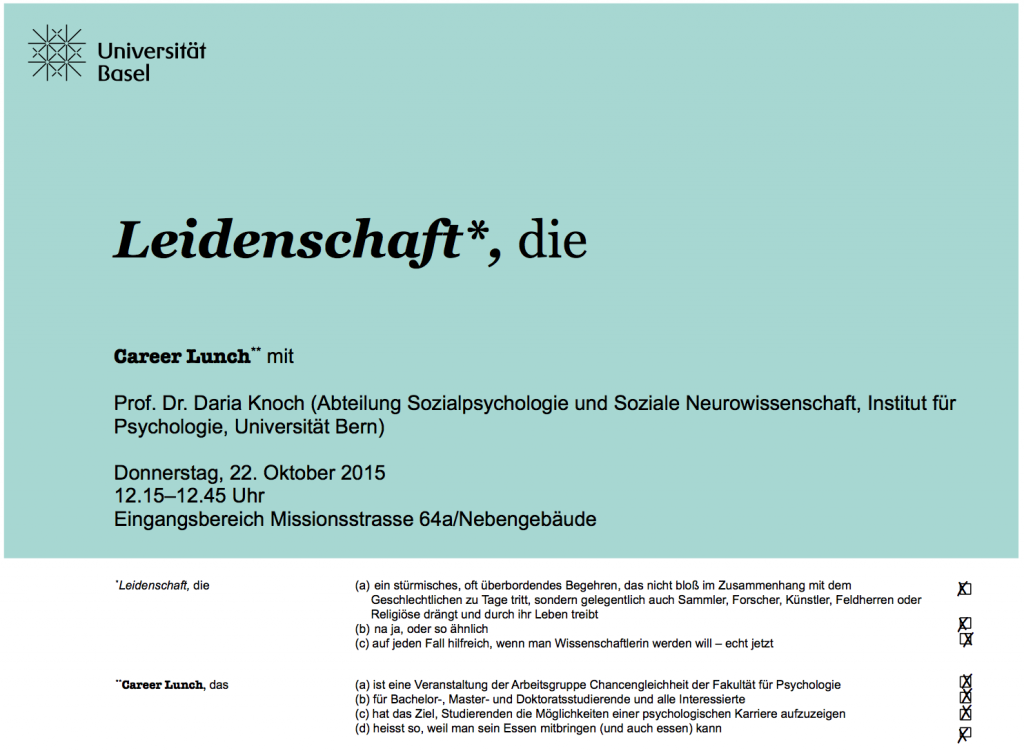Wolfgang Viechtbauer, Maastricht University, will be visiting us this week and will give a talk in our colloquium as well as a workshop on meta-analysis for our Social, Economic, and Decision Psychology Ph.D. students. Please see below for the title and abstract of his talk (Thursday, Nov 3rd, 2016, 13:00).
An introduction to meta-analysis: History, methods, misconceptions, and recent developments
Due to the information explosion in the scientific literature, there is an increasing need to summarize and take stock of commensurable evidence about empirical phenomena (e.g., the effectiveness of treatments, the magnitude of group differences, the association between variables). Traditional methods for research synthesis – such as the narrative literature review – have often been applied in a non-systematic and subjective manner and can be argued to be scientifically unsound. In contrast, the systematic review has elevated research synthesis to a scientific process in itself, while meta-analysis provides a coherent statistical framework for quantifying, aggregating, and comparing the results from related studies. In this talk, I will provide a brief introduction to meta-analysis, trace some of its historical roots, describe some basic meta-analytic methods, clarify some common misconceptions, and highlight some recent developments.


























